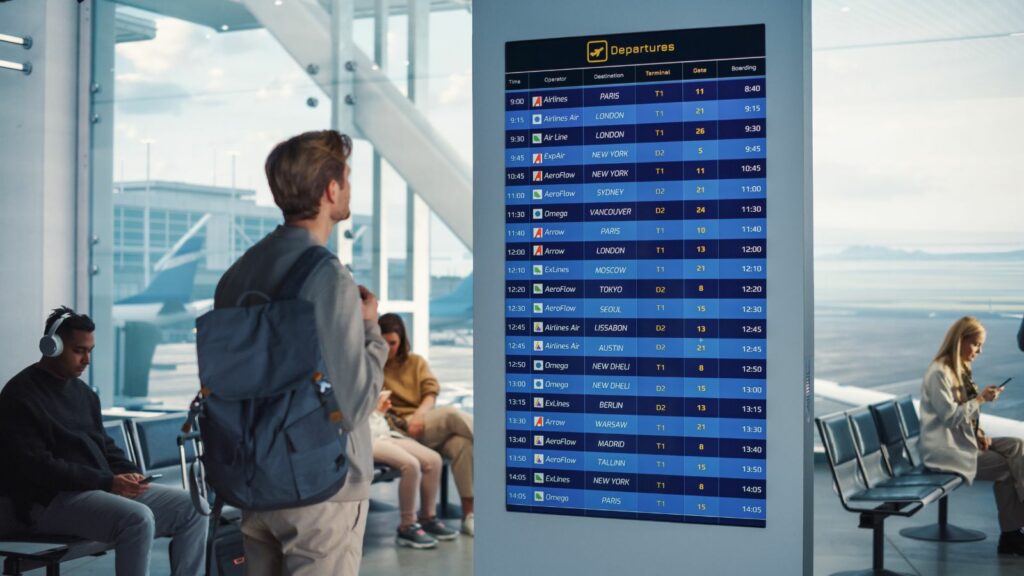The allure of exploring new destinations remains as strong as ever in 2024, but travelers encounter mounting financial challenges that threaten to dampen their plans. While inflation and global economic pressures are expected culprits, many hidden costs are silently creeping into travel budgets. This comprehensive guide explores 19 surprising ways travel costs are increasing this year and offers tips to navigate these changes without sacrificing wanderlust.
Higher Airfare Prices
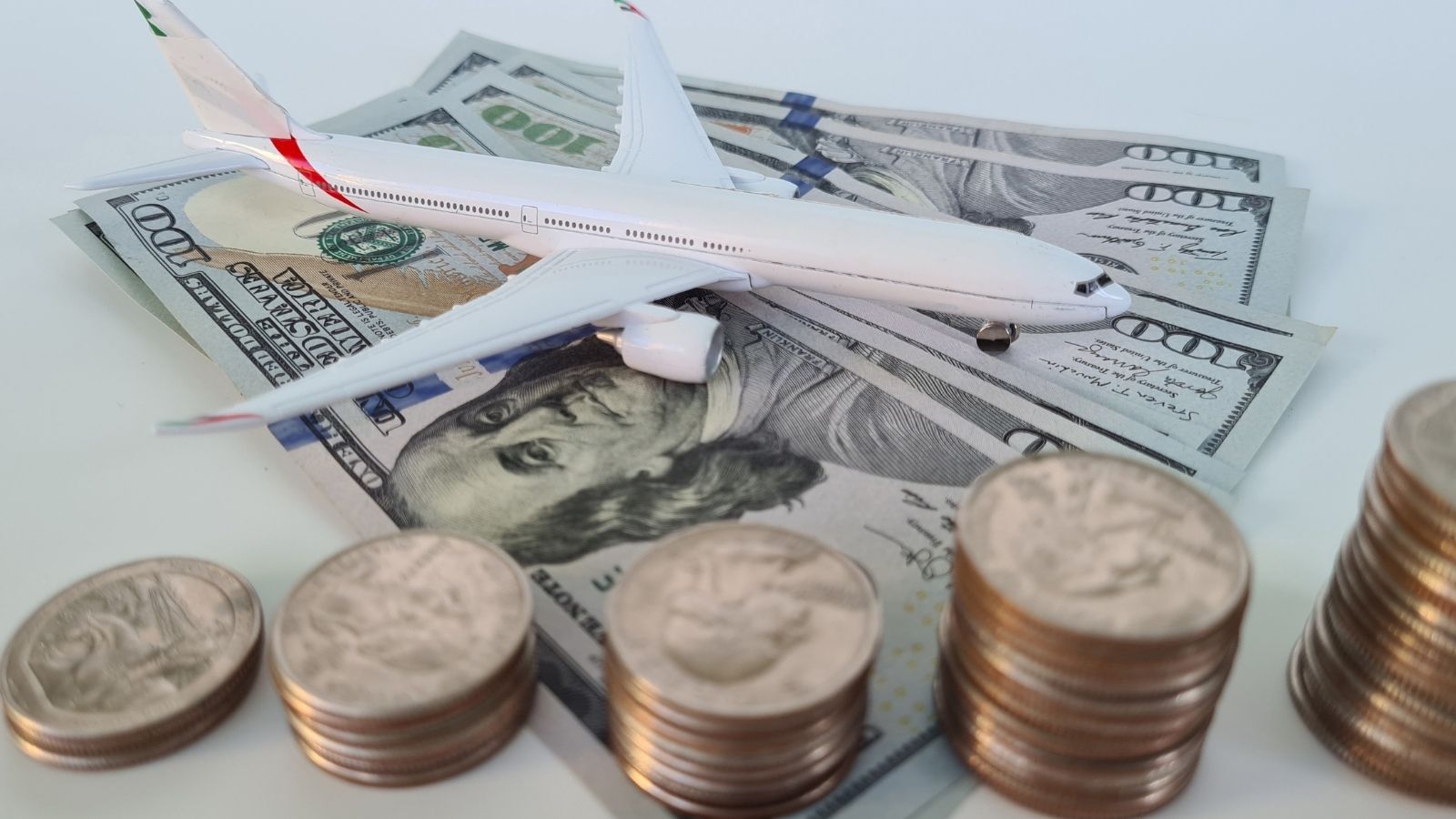
Airfare prices have risen significantly in 2024, driven by increasing fuel costs and a surge in demand. Airlines facing post-pandemic challenges, including supply chain issues and labor shortages, have contributed to increased ticket prices. Additionally, the revival of international travel has resulted in premium pricing for long-haul and transcontinental flights. Travelers must act quickly to secure deals, as last-minute bookings have become increasingly unaffordable.
Dynamic Pricing Algorithms
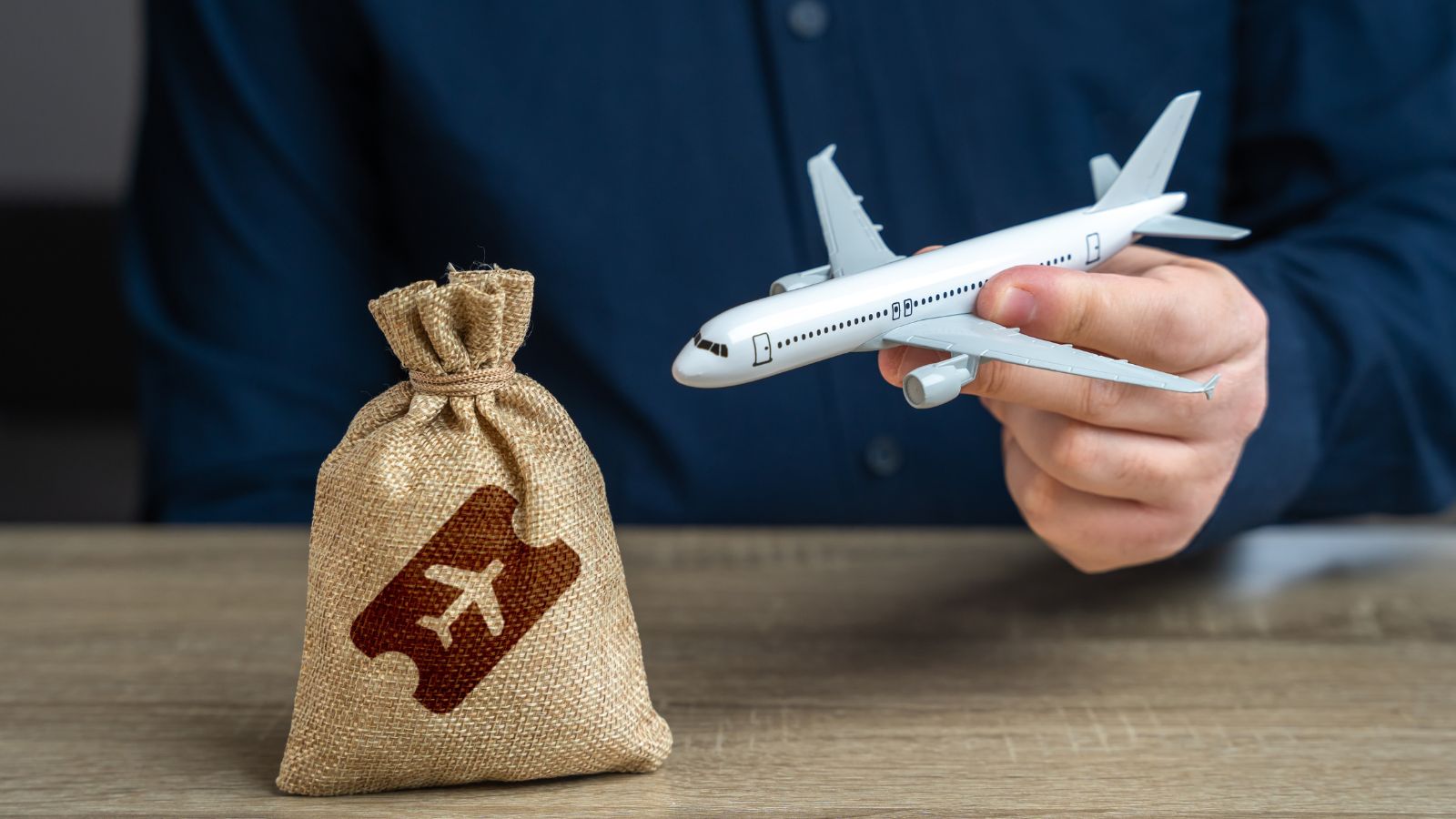
With advanced technologies, airlines and accommodation providers have refined dynamic pricing algorithms. These systems analyze browsing habits, booking history, and demand patterns to inflate prices. The result? Rates for flights, hotels, and even tourist attractions can skyrocket if demand spikes or your search activity is frequent. Clearing cookies or using incognito mode can help mitigate this issue.
Mandatory Sustainability Fees
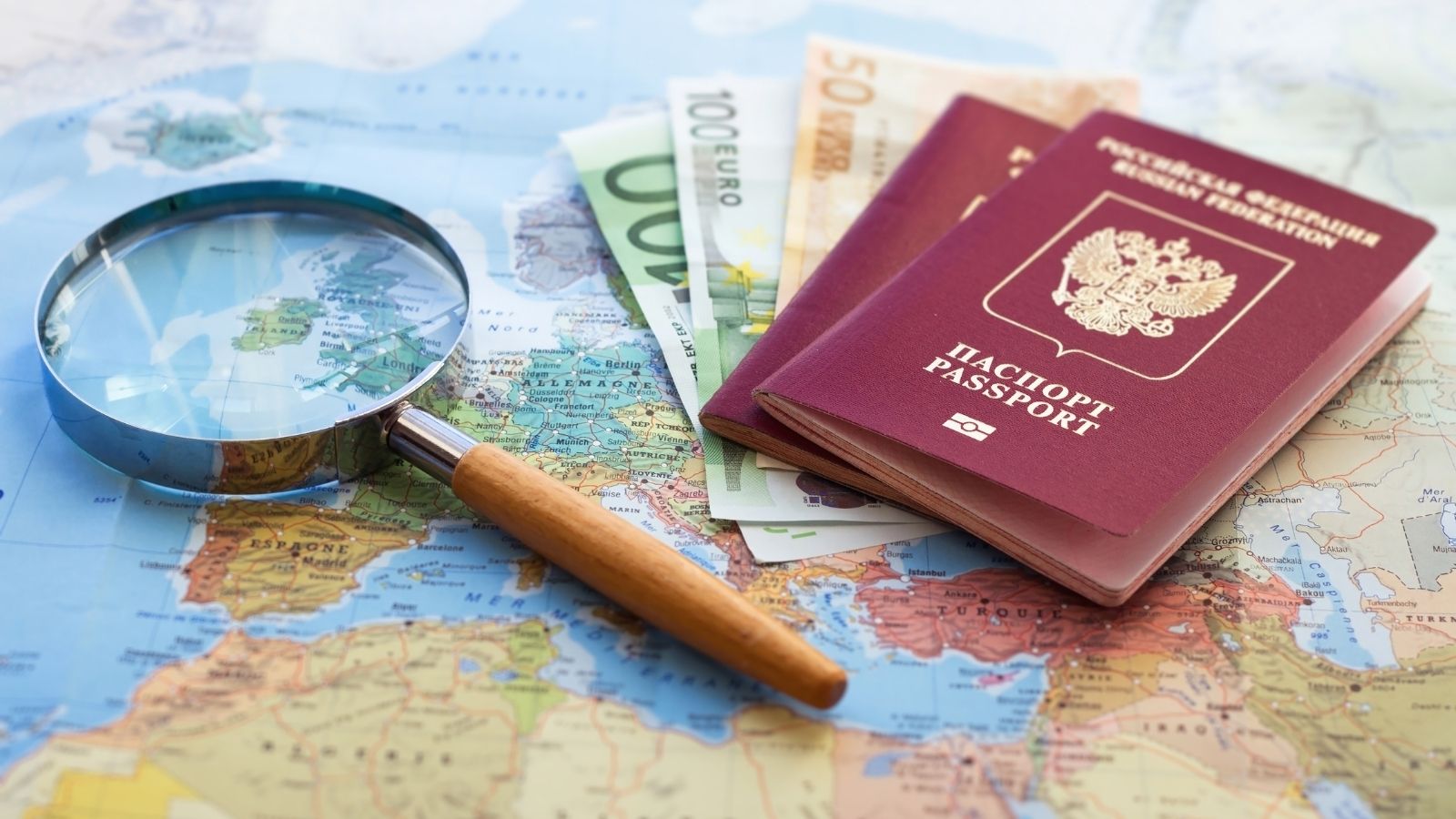
As environmental consciousness grows, several destinations have implemented eco-taxes or sustainability fees. Popular tourist spots like Bali, Thailand, and Amsterdam now require visitors to contribute to maintaining local ecosystems and infrastructure. Though seemingly small, these fees can add up, especially for families or extended stays.
More Expensive Travel Insurance

The travel insurance market has evolved, with premiums rising to cover pandemic-related disruptions, natural disasters, and other unforeseen events. Policies now often include clauses for quarantine expenses or extended stays due to health crises, but these added protections come at a higher price. Travelers should compare providers carefully and assess whether they genuinely need comprehensive coverage.
Luggage Fees

Luggage fees continue to climb, with airlines adopting stricter weight limits and dimensions rules. What was once a standard carry-on allowance now often incurs extra charges. Budget carriers, in particular, have introduced fees for cabin bags, priority boarding, and even overhead bin usage, making it imperative to pack strategically.
Inflated Food Costs

Inflation has affected every corner of the global economy, and airport and in-flight dining are no exceptions. A simple sandwich or coffee at an airport terminal can now cost double compared to just a few years ago. Savvy travelers can reduce this expense by packing snacks or opting for airline meal packages during ticket booking.
Hotel “Resort Fees”

Hidden fees, such as resort charges, are quietly inflating hotel bills. These fees cover Wi-Fi, pools, and gym access—even if you don’t use them. Budget accommodations and mid-tier hotels are also jumping on this trend, leaving travelers with fewer affordable lodging options. Always read the fine print when booking to understand the total cost.
Stricter Cancellation Policies

Hotels and airlines have revised their cancellation policies in response to high demand. Refundable options now often come with a significant premium, forcing travelers to pay more for flexibility. While non-refundable rates seem enticingly cheaper, they leave little room for error in case of sudden plan changes.
Digital Nomad Taxes

The rise of remote work has encouraged countries to introduce digital nomad visas, enabling longer stays for professionals. However, these visas often come with hefty fees and tax obligations. For example, Portugal’s digital nomad visa includes income verification and tax residency requirements, adding substantial costs for remote workers seeking a change of scenery.
Car Rental Costs

Global vehicle shortages have persisted into 2024, keeping car rental prices at an all-time high. Even basic models are often booked out well in advance, leaving premium vehicles as the only option. Additionally, mandatory add-ons like insurance, GPS, and toll passes can inflate the final bill. Early reservations and exploring local transportation alternatives can help offset these costs.
Increased Fuel Prices for Road Trips

Road trips, once a cost-effective alternative to air travel, have become pricier due to rising fuel costs. Gasoline prices have surged in many regions, particularly North America and Europe. Travelers should plan routes strategically to reduce mileage and consider hybrid or electric rental vehicles where available.
Overtourism Fees

Popular destinations like Venice, Italy, and Santorini, Greece, have implemented tourist entry fees to combat overtourism. These charges are designed to limit daily visitor numbers and fund maintenance for historical and cultural sites. While the fees may seem small, they can significantly impact those visiting multiple attractions in a short timeframe.
Event-Based Price Hikes

Significant events, festivals, and sporting tournaments are causing temporary spikes in accommodation and transportation costs. For instance, cities hosting international expos or music festivals often see hotel prices double or even triple. Planning your trip outside significant event dates can save you from paying these inflated rates.
Technology Service Fees

Travel providers are increasingly charging for basic conveniences that were once free. Airlines now impose fees for seat selection, priority boarding, and even live chat customer support. Meanwhile, hotels may charge for mobile app check-ins or digital room keys, further inflating the overall cost of your trip.
Higher Currency Exchange Rates

Currency fluctuations have made traveling abroad more expensive for many. Countries with weaker currencies have become pricier as exchange rates shift unfavorably. Travelers can minimize losses by exchanging currency in advance or using credit cards with no foreign transaction fees.
Premium Experiences Becoming Standard

Tour operators and travel platforms have begun marketing premium experiences as essential. Once-optional perks like guided tours, skip-the-line passes, and private transfers are now bundled into travel packages, inflating costs. While these experiences offer convenience, travelers should evaluate whether they are necessary.
Increased Parking Fees
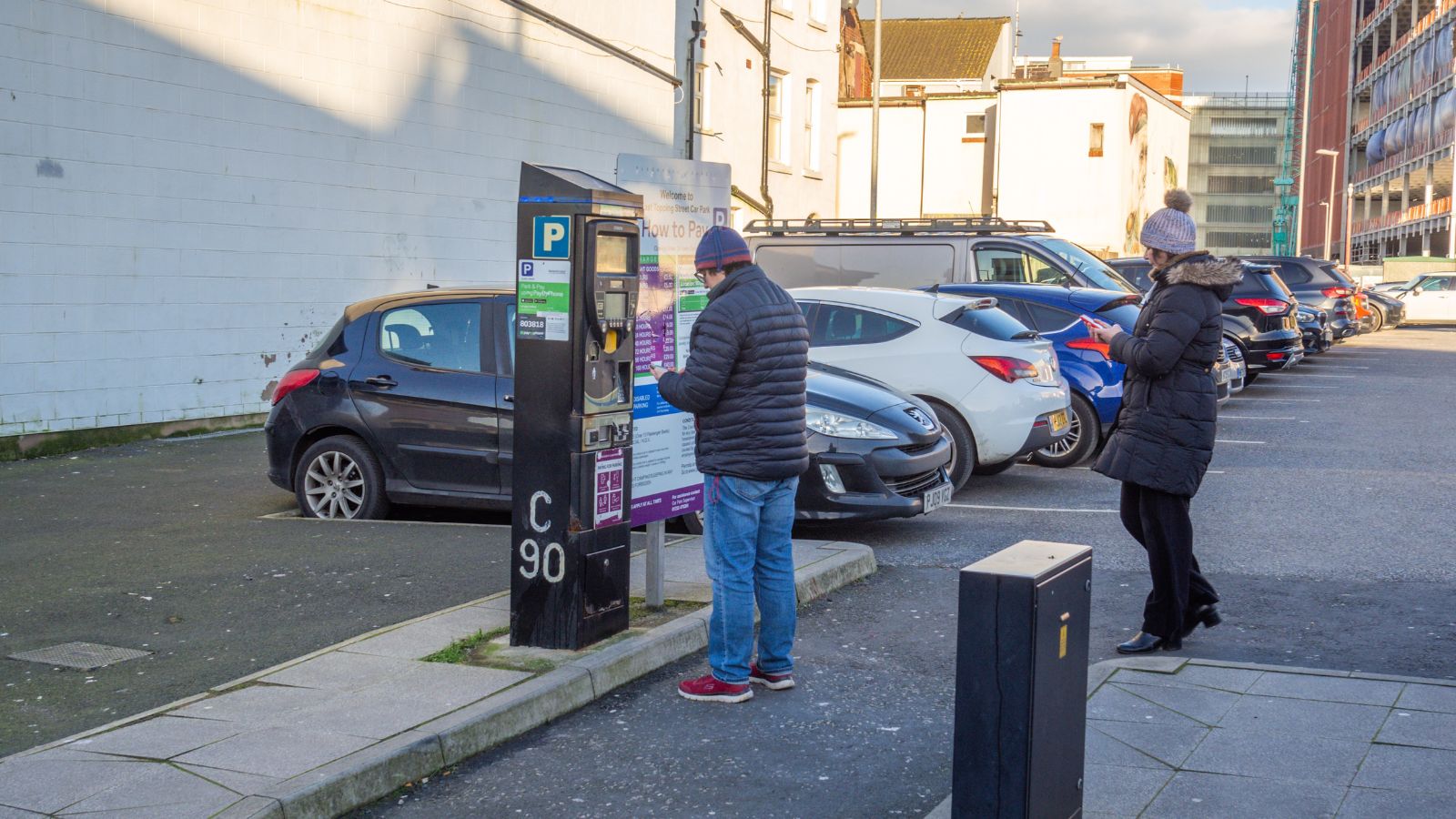
Airports and tourist hotspots are capitalizing on high demand by raising parking fees. Long-term parking rates, in particular, have soared, making it less economical to drive to the airport. To cut costs, consider using ride-sharing services or public transportation.
Streaming Subscriptions for Flights

In-flight entertainment, once a complimentary perk, is being replaced by paid streaming services. Airlines now charge for accessing Wi-Fi or streaming platforms, leaving budget-conscious travelers to rely on downloaded content from home.
Health Certification Fees

Health-related travel requirements, such as vaccination certificates and pre-departure health tests, have become a standard part of international travel. Many countries charge fees for processing these documents, which can add unexpected expenses to your trip. Checking entry requirements in advance can help avoid last-minute surprises.
Conclusion

Traveling in 2024 comes with many new financial considerations, which are subtle yet impactful. Understanding these 19 hidden cost drivers and taking proactive steps to mitigate them can ensure that your adventures remain enjoyable and affordable. While the travel landscape may change, the joy of exploring the world is as rewarding as ever—if you plan wisely.
25 Countries Predicted to Become Economic Superpowers in the Next 20 Years

The strength of an economy plays a crucial role in various international policies about trade and relations. Certain factors determine the strength of an economy, including population growth, availability of resources, and development and advancement. Here are 25 countries predicted to become economic superpowers in the next 20 years
25 Countries Predicted to Become Economic Superpowers in the Next 20 Years
